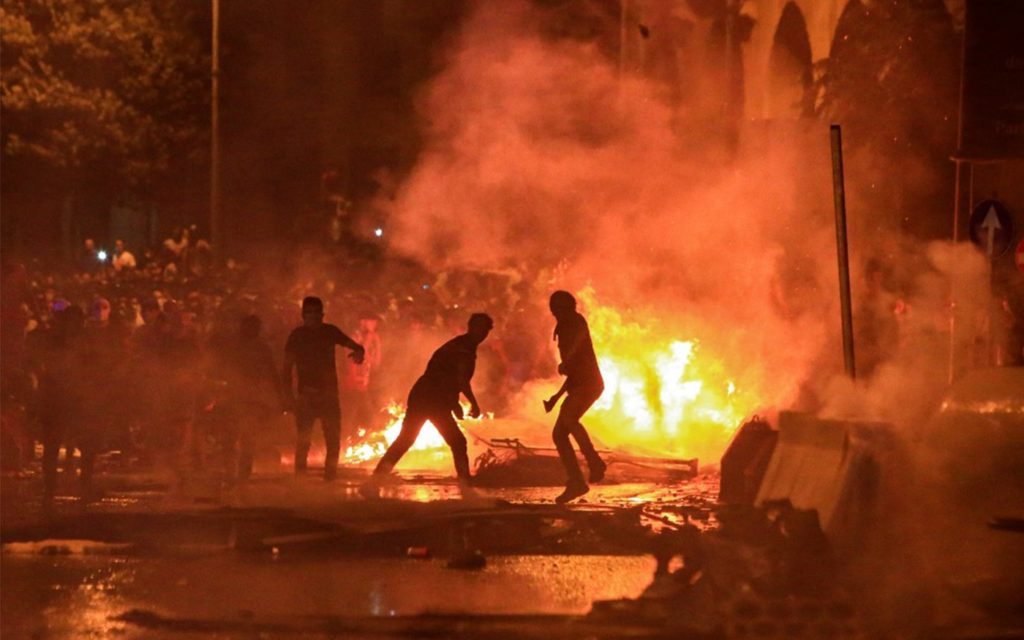How to survive in today’s spiraling religious polarisation?

“Religion is the opium of the world” ~ Karl Marx
Religious fanaticism is a mega scheme that produces pointless work. As a result, it wastes energy, time, money and generates material destruction, mental agony, and depreciates human life, these are all variations of Entropy. This phenomenon has existed throughout the centuries and continues to grow in one form or another. J.K. Rowling had said it wonderfully “The trouble is, humans do have a knack of choosing precisely those things that are worst for them.”
There is a revived effort of brainwashing by the clergy around the world to attract and convert more faithful with all kinds of dogmatic beliefs and rewards. The value of human life is thus reduced by this promise of sanctitude. For the major part of human history, religion and economics have been the two most powerful stories which almost all of us believed and have stood for. We have fought numerous wars and killed millions to behold these fictitious ideas. Masses are drawn to such hysteria under the need for association or a strong fear of losing out. Buddhism, Jainism, and a few more religions are an exception to such a craze.
Entropy is the energy wasted when any work is performed. Entropy is also defined as the level of disturbance or destruction which irreversibly reduces the quality of the environment and leads to a chaotic situation. Entropy is seen in an ecosystem, the biological world of a living organism, even the politics, and religions in a societal system. Entropy is based on a stochastic model with uncertain outcomes, which aptly describes the complexity of our world today.
Is there a possible cure for the problem? Should we be afraid of entropy? Should we hope that a supernatural deity will save our world? Is there an alternate approach?
Amongst other possibilities, one possibility in an era of turbulence and uncertainty is interfaith action that may offer an important antidote to our precarious situation. Conscious spread of values of empathy, compassion, forgiveness, and altruism are needed today more than ever.
Another approach is to create a parallel story alongside religion and economics to make people and nations understand the priority and importance of harmony. We need to create and propagate an equal or more powerful story of harmony if we are looking forward to overcoming these challenges and have a better tomorrow. To conserve energy, and achieve both short-term and long-term benefits we need to start looking at every policy, decision, tool, framework, and method, including design and technologies from the lens of harmony.
In today’s spiraling polarisation not only towards religious sentiments but overt capitalism, if we are to survive and thrive, harmony should be the focal point of every aspect of our society.
Reduction in entropy and utilising our energies for harmony is the hope for our survival and betterment.
(This Perspective was originally published on May 5, 2021 by Shekhar Badve on LinkedIn)
